20+ Years Experience
Specialist Business Insolvency Company

Get in Touch Today to Speak to a Specialist Adviser
If you’re wondering what a Notice of Enforcement is and how it affects debt recovery in the UK, you’ve come to the right place.
In the UK, a Notice of Enforcement is issued by bailiffs. It gives them legal authority to take control of goods belonging to an individual or business to recover outstanding debts.
They must provide you with a copy of the notice before they enter your premises and take possession of your goods.
If you have been sent a notice of enforcement, you may want to speak to an insolvency specialist before taking any action.
In this article, you’ll find all the information you need to understand how and when Notices of Enforcement come into play so you can be informed of your rights and know what actions to take if ever confronted by a Notice.
A Notice of Enforcement is a document used in the UK to begin taking control of goods belonging to a debtor to secure repayment of a debt.
The notice is usually sent by enforcement agents, previously known as bailiffs, who creditors have instructed to collect unpaid debts.
For them to carry out this action, they must be authorised by the court and operate within certain regulations.
During the notice process, many creditors will try to agree on a payment plan or alternative method of settling a debt with the debtor.
However, if this fails or is declined, or if needed to speed up the repayment process, an enforcement agent will be the next phase of collecting a debt – taking control of the debtor’s goods.
A Notice of Enforcement document gives them the legal power to do this.
The basic premise behind the document is simple. Suppose you owe money and have not responded to requests for payment.
In that case, the creditor can send an enforcement officer, with a Notice of Enforcement, to take possessions until the debt amount has been paid in full or arrangements have been made between both sides to start and complete repayments over a certain period.
Sometimes, a landlord or letting agent might use a similar document when tenants are behind on rent payments.
This document could be referred to as a ‘Notice Seeking Possession’ or something similar and is connected with UK tenancy laws.
The debate around the use of Notices of Enforcement has escalated in recent years due to its implications on vulnerable adults and families; these notices often affect them disproportionately more than other groups in society.
Those in favour suggest that notices are necessary to ensure effective management of debts and protect businesses from suffering financially.
At the same time, critics argue that notices should only be used as a last resort and not even then with landlords seeking possession unfairly when rent amounts are minimal or dispute resolutions better alternatives than eviction proceedings.
The Notice of Enforcement (or ‘Liability Order’) is an order that gives bailiffs the legal authority to visit a debtor’s home and take control of their goods.
This document is typically used in cases of rental debt and can present a major issue for landlords, as it may become harder to recover the money owed by the tenant.
For tenants, a Notice of Enforcement can come as a shock since it contains detailed information about their debts and empowers bailiffs to take away possessions they can sell to repay them.
This puts tenants under immense pressure to pay up or risk being evicted and losing all of their possessions.
On the other hand, if a tenant is in arrears with their landlord, it may be difficult for them to pay back the debt without the help of this enforcement order.
In these cases, a Notice of Enforcement can be seen as necessary for debt recovery and possibly helpful for both parties in forcing them to reach an agreement or even settle the dispute.
Finally, a Notice of Enforcement can be seen as simply a notification for both parties – landlords get it to make sure they can access funds when needed, and tenants receive it so that they are aware of their financial situation and any deadlines imposed on them by the courts.
Understanding when a Notice of Enforcement should be used is critical to its effectiveness in debt recovery proceedings.
The next section will delve into this further by discussing the different stages of enforcement proceedings.
When it comes to debt recovery in the United Kingdom, a Notice of Enforcement is used to warn that debt collectors are about to take action.
Generally, the notice is served after more traditional means of debt collection have failed, such as phone calls or letters from a solicitor.
The Notice of Enforcement serves as the final demand for payment before legal action is taken, such as bailiffs seizing assets or taking possession of goods for unpaid bills or debts.
Although many consumers find the Notice of Enforcement intimidating and seek advice from debt repayment charities such as Step Change, some view the Notice of Enforcement as necessary for keeping people accountable for their financial obligations.
After all, if everyone could walk away from their debts without consequence, it wouldn’t be fair to those who have paid their outstanding debts.
The issue can ultimately boil down to personal opinions and how each side views the use and value of such an enforcement notice.
It’s important to note that while steps may initially be taken to recover a debt, consumers remain responsible financially until the debt has been cleared in full – even when a Notice of Enforcement has been served.
Ultimately, it comes down to understanding one’s rights and responsibilities around debt recovery, ensuring prompt payment where possible, or seeking help if needed.
When it comes to debt recovery, a Notice of Enforcement is the final step in a creditor’s process of collecting monies owed by a debtor.
Before a creditor can issue a Notice of Enforcement, certain actions that demonstrate the debtor’s lack of willingness or ability to pay their debts must be undertaken.
Such actions generally involve two warning letters sent directly to the debtor: an initial Letter of Demand and an ultimatum Final Notice.
An initial Letter of Demand informs the debtor that they are required to pay the money they owe within a specific timeframe and advises them of their legal obligations if they fail to do so.
It usually includes an explanation of the consequences should the debtor continue to fail to meet their repayment obligations.
If out-of-court collection efforts prove unsuccessful and no payment is received, then further action may be taken by the creditor.
In this case, the creditor may send a Final Notice giving the debtor one last chance to pay what they owe before legal action is taken against them.
The Final Notice is a much stronger warning than the initial Letter of Demand and typically involves harsher penalties for nonpayment.
This can include additional late fees, legal costs, court action, asset seizure or bank overdrafts added to the original sum due.
However, it should also include clearly defined steps for how and when these measures will be enforced if payment is not received from the debtor by a predetermined date and time.
If all attempts have not led to repayment after this point, then ultimately, a Notice of Enforcement can be issued by creditors or licensed debt collection agencies on behalf of their clients.
This notice is used as formal notification that enforcement activity has begun against debtors who have failed to meet their payment obligations, thus signalling a more serious course of action being taken against them to recover the monies outstanding.
When it comes to debt recovery in the UK, one of the most important steps is the Notice of Enforcement.
This notification acknowledges that a debtor is obligated to pay back what they owe.
It serves as an official warning of proceedings should the debt remain outstanding beyond a certain point. As such, it is critical to understand the procedure of how a Notice of Enforcement is issued and implemented.
A creditor must take the first step through a court process to have a judgement first granted – usually after a hearing or if an agreement can be reached without any presence needed in court.
Once this has been granted, the document is then served on the party or parties requested to be beholden by its ruling. This ensures that those involved are aware of their obligations and legal rights.
Once this judgement has been enforced, it can be converted into actionable funds either by enforcement agent (formerly known as a bailiff) visits leading up to seizing goods from individuals, garnishing wages from employers or setting a charging order on the property.
This will provide legitimate solutions with which repayment plans can be brought forward to solve any existing concern between parties in question with reasonable compromise and negotiations being agreed upon wherever necessary and legally admissible.
Financial information such as bank details can be submitted at the onset – granting permission for alternative methods of repayment plans via direct payment before any more drastic measures being undertaken.
There are potential arguments to take against such redressal though these should primarily focus on exceptional extenuating circumstances which would make repaying difficult comparatively speaking, such as substantial loss due to other expenses required.
For example, medical costs or another form of payment plan which better suits individual’s means or ability.
It must also be noted that no matter what ensues throughout such proceedings, upholding deadlines set in accordance to Notice of Enforcement procedures must always be met and lived up to accordingly, given the severity of immediate consequences attached should individuals fail to adhere.
A Notice of Enforcement is a legally binding document issued when a debtor fails to repay what they owe as part of debt recovery in the UK.
A creditor must go through a court process to obtain a judgement first; then the document can be served on the party or parties due to repay.
Repayment plans can be negotiated and agreed upon, but typically if a judgement is enforced, it can result in the creditor seizing goods from individuals, garnishing wages from employers or setting a charging order on the property.
However, arguments can be made against such redressal if extenuating circumstances exist.
Ultimately, individuals must uphold deadlines set by the Notice of Enforcement or face immediate consequences.
When it comes to the issuing of a Notice of Enforcement, there is a specific process that must be followed for a company or individual to pursue debt collection on an unpaid debt.
The first step in this process is generally to demand payment directly from the debtor before any legal action can be taken.
A debtor has 28 days following the delivery of a written demand for payment in which to make payment in full or make arrangements with the creditor.
After this period of time, if there is no contact from the debtor and no evidence of payment made towards the debt, then the creditor may issue a Notice of Enforcement via authorised agents.
The Notice of Enforcement will demand immediate payment of an amount that the debtor already owes, including court fees and enforcement costs.
It will also contain information about how and when payment should be made and other relevant contacts, like those regarding how to make an arrangement.
It will include details on what will happen if no arrangements are made within seven days of receiving the notice.
When issuing a Notice of Enforcement, some debtors may oppose it on various grounds, such as claiming that they never received the demand for payment and therefore had no opportunity to pay or that they have already paid off the debt, but the paperwork was lost in transit.
Creditors should feel confident when seeking enforcement since any misgivings must be put before the court before any opposition can be considered valid.
While it can be challenging and involve time-consuming paperwork and legal proceedings, creditors have solid foundations on which to base their claim when pursuing a Notice of Enforcement.
Having discussed how a Notice of Enforcement is issued and the potential hurdles faced by creditors seeking debt collection through enforcement procedure, we now turn our attention to examining the rights and responsibilities associated with taking such measures.
A Notice of Enforcement is a legal document produced by an enforcement agent, formerly known as bailiffs. This document outlines the rights and responsibilities that apply to the enforcement process, which could involve debt collection or recovering goods.
For these proceedings to become legally binding, the debtor or tenant must be served with the Notice of Enforcement in writing.
It must include all relevant details, including a clear explanation of why and how the enforcement action will take place.
In addition, it should correctly identify the debtor and specify what is owed, including any relevant fees or charges.
From a debtor’s perspective, it is their responsibility to read through the notice of enforcement carefully and to understand their legal rights and obligations in regard to this formal notice.
Depending on where they are based within the UK, debtors may have certain legal recourse or protection available when dealing with debt recovery issues.
This should be outlined clearly in the Notice of Enforcement themselves however if debtors are ever unsure, then they should seek independent legal advice.
In contrast, it is considerate practice for enforcement agents to follow regulations set out by relevant authorities to pursue a successful outcome when sending out Notices of Enforcement.
For example, ensure that only citizens who are subject to receiving this form of communication are sent Notices of Enforcement – a violation of this type would likely result in sanctions being imposed upon them.
Understanding one’s rights and responsibilities regarding Notices of Enforcement cannot be underestimated before legally progressing further with enforcement proceedings.
When a landlord is owed money, such as rent arrears or damages, they may wish to take legal action to recover the debt.
As part of their rights under UK property law, landlords have the right to pursue legal action if necessary in order to get paid for any legitimate debt that is owed to them.
Before pursuing legal action, landlords in the UK should typically send an initial warning letter or ‘Notice of Enforcement’.
This is because the notice will alert the debtor of the landlord’s intention and allow a window of opportunity for the tenant to pay or find an amicable solution before it escalates into something more serious.
Sending a notice is also legally required since laws dictate when and how landlords can pursue legal action in the UK.
It would be wise for landlords to know when they are allowed to pursue legal action and when they are not; otherwise, they risk committing unlawful eviction or discrimination against their tenants, which could lead to serious consequences such as fines and criminal penalties.
For instance, it is against civil and human rights laws in the UK for a landlord to begin eviction proceedings without a court order or use unlawful means of evicting someone, such as with physical force, changing locks, etc.
If a tenant is behind on their rent payments, a landlord cannot simply enter the property and throw out all of the tenant’s belongings without taking any other step first.
Since this could potentially be viewed as discriminatory and illegal by courts, landlords must follow certain rules when pursuing collection from tenants who owe money.
The rules vary slightly depending on whether a tenant lives in rented accommodation or is living on private property. Generally speaking, in most cases, a Notice of Enforcement should always be sent before any further steps are taken.
This way, the landlord allows their tenant to make things right before going ahead with any civil or criminal court action and risking hefty fines or penalties either way.
As mentioned earlier, sending a Notice of Enforcement will allow the tenant to pay up what they owe or negotiate an agreeable payment plan before matters become more complicated and costly for both parties involved.
Once the notice period has expired, it may then be possible for a landlord to pursue legal action through the civil court if all other reasonable avenues have been exhausted beforehand.
In conclusion, understanding when and how a landlord can pursue legal action against their tenant is an important step towards protecting yourself from expensive litigation costs.
Enforcing a debt through a Notice of Enforcement is an important tool for businesses and individuals to ensure their debts are recovered.
The issuing of a notice can be the first step in debt recovery and will often result in efficient and timely payment.
The UK’s legal system makes certain provisions and safeguards for the debtor to avoid charges being added to the amount owed. It is up to the creditor to adhere to these rules and regulations.
There have been instances where creditors have acted outside the law when issuing Notices of Enforcement to recover money.
Therefore, debtors must fully understand their rights when served with such a warning document and should not be afraid to question any actions taken by the creditor which may be deemed unlawful.
All communication between parties should be well documented to ensure disputes can be resolved quickly and efficiently over time.
It is fair to say that while a Notice of Enforcement provides an effective means for creditors to recover funds from debtors, it is nevertheless important that both sides take into consideration their respective responsibilities when dealing with debt matters.
Creditors must abide by all legal requirements before taking further steps in debt recovery. At the same time, debtors must be vigilant in defending their position if charges appear to have been unfairly added or the level of enforcement appears unjustified.
Ultimately, each case must be assessed on its own merits for justice and fairness to prevail.
In the UK, if you fail to comply with a notice of enforcement, it can result in serious legal repercussions.
Depending on the nature of the enforcement order, it is likely that an additional charge will be added to your existing debt, and your creditor may take additional legal action to pursue debt collection.
Non-compliance with a notice of enforcement could lead to a court order where the creditor could seize goods or assets as part of their legal proceedings.
On top of this, failure to comply can even result in criminal prosecution and possible jail time. Therefore, it is important to comply with a notice of enforcement or face possible legal repercussions.
A Notice of Enforcement is the first step taken by a creditor to recover money owed to them from a borrower that is in default.
It is issued by an enforcement agent and will take effect immediately upon receipt by the borrower.
Once a Notice of Enforcement has been issued, the debtor must immediately repay or surrender their goods for sale to cover the sum due within 7 days or face further enforcement action.
The notice will provide details of the amount outstanding and what needs to be done to settle the debt. It may also include an administrative fee payable on top of the debt owed.
The enforcement agent may enter the premises, without prior warning, between 6:00 am and 9:00 pm to collect goods or paperwork needed for them to assess the borrower’s financial circumstances.
There are specific time limits for responding to a notice of enforcement in the UK.
According to the Taking Control of Goods Regulations 2013, bailiffs must wait at least 7 days before attempting to take control of goods after issuing a notice of enforcement to a debtor.
This allows debtors to make payment arrangements or contest the claim within that window.
Debtors must adhere to the set deadlines to avoid further action being taken against them.
Additionally, suppose a creditor has begun the repossession process due to arrears. In that case, the debtor has 14 days from receiving the notice of enforcement to make arrangements with the creditor and pay back what is owed.
After this period, the creditor may seek permission from the court to take goods away.
The UK provides special protections for individuals who receive a notice of enforcement.
For example, under The Taking Control of Goods Regulations 2013, an enforcement agent must give written notice to the individual of their intention to take control of goods on their property and provide them with an itemised list of items that can be taken.
These same regulations also limit the amount of money (up to £1,350) and goods (up to £1350 worth) that can be removed from an individual’s property.
Finally, agents are not allowed to visit private residences outside certain prescribed hours (between 6am – 9pm).
These provisions provide some level of protection for individuals facing notices of enforcement and help ensure that debtors do not suffer unnecessarily severe hardship.
The process for issuing a notice of enforcement in the UK is quite straightforward.
First, you must send the debtor a letter of formal demand outlining how much they owe and their payment options.
Once the debtor has received this letter, you may issue a Notice of Enforcement if they have not paid the debt. This can be done by either hiring an enforcement agent or sending out a Notice direct from your organisation.
The Notice of Enforcement will include details of the debt and must also provide a reasonable date by which it must be paid or contact made with the creditor.
If payment is not made or contact is not made by this date, then an enforcement agent may be appointed to take control of goods owned by the debtor to settle the debt. It should also explain that any items taken will incur valid additional costs.
Once all of the above is complete, if no response has been received from the debtor, you can apply for an enforcement Order from your local court.
From here, an Order will be issued permitting bailiffs to enter the premises to collect payment for a debt owed.
The whole process, as outlined, should bring closure to debt recovery proceedings and ensure payment for incurred sums.
Here are some other informative articles about business debt in the UK:










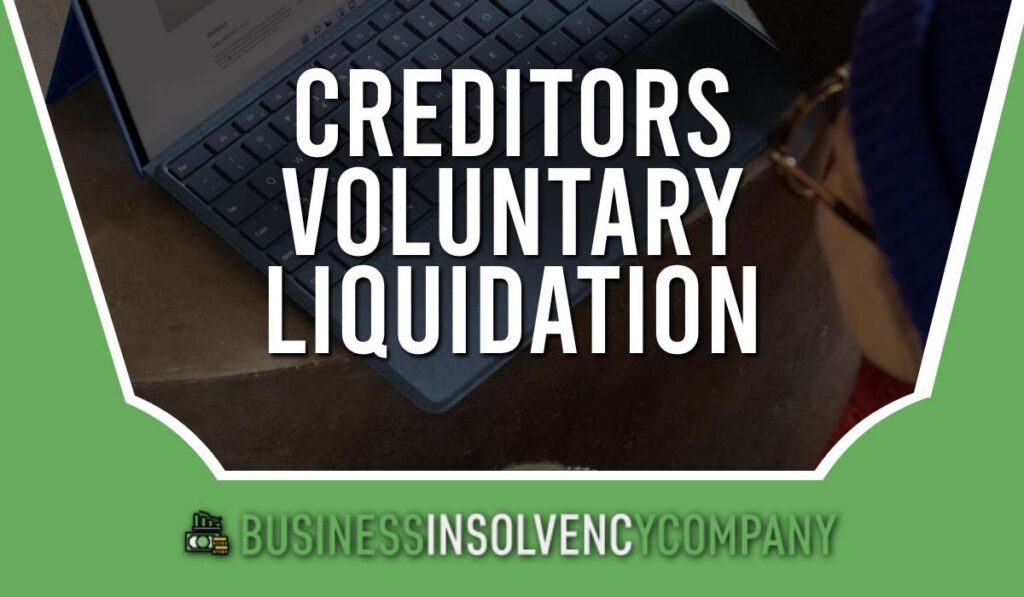


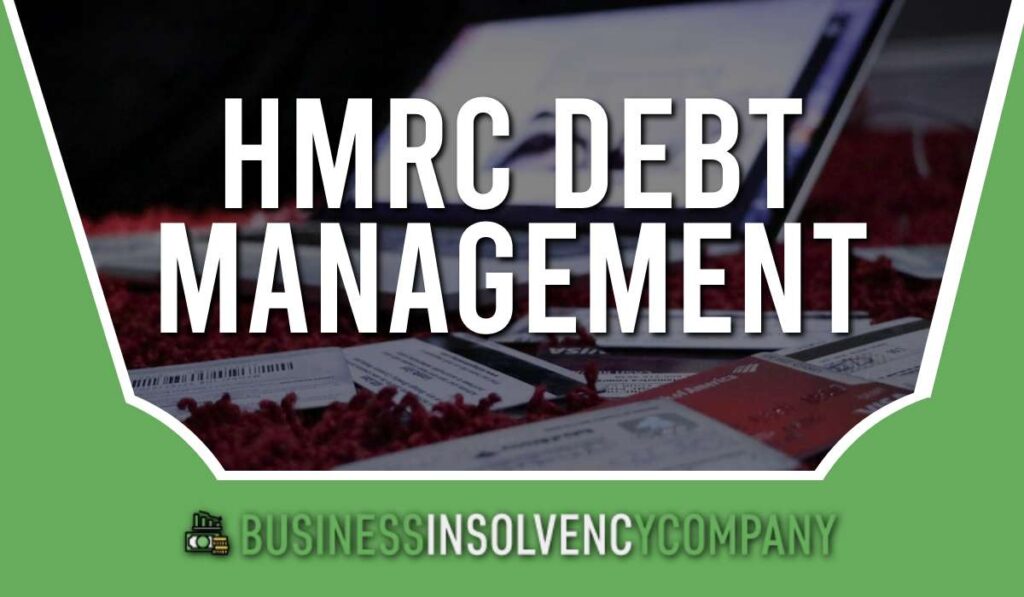

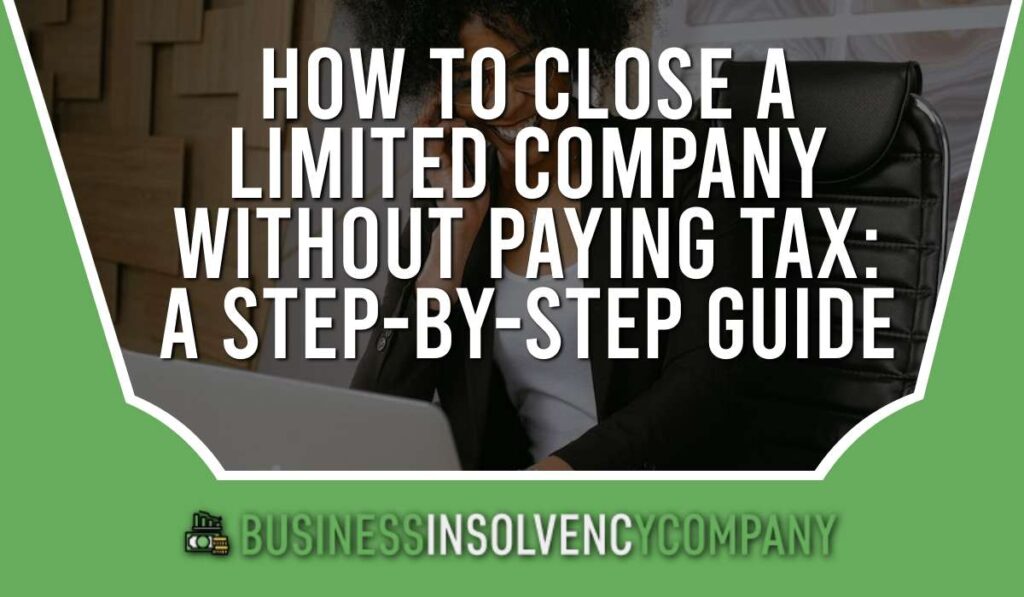











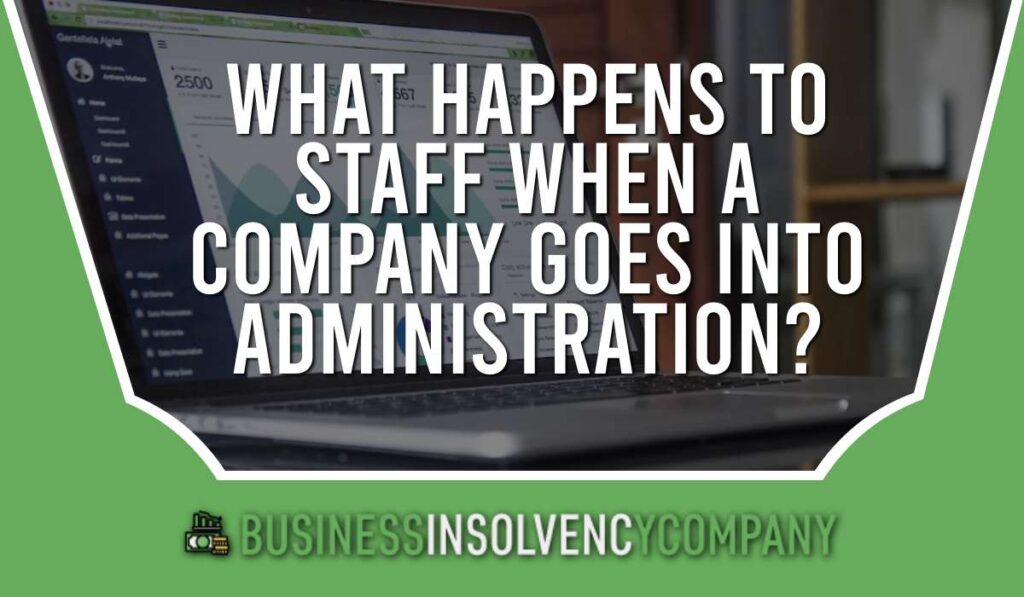

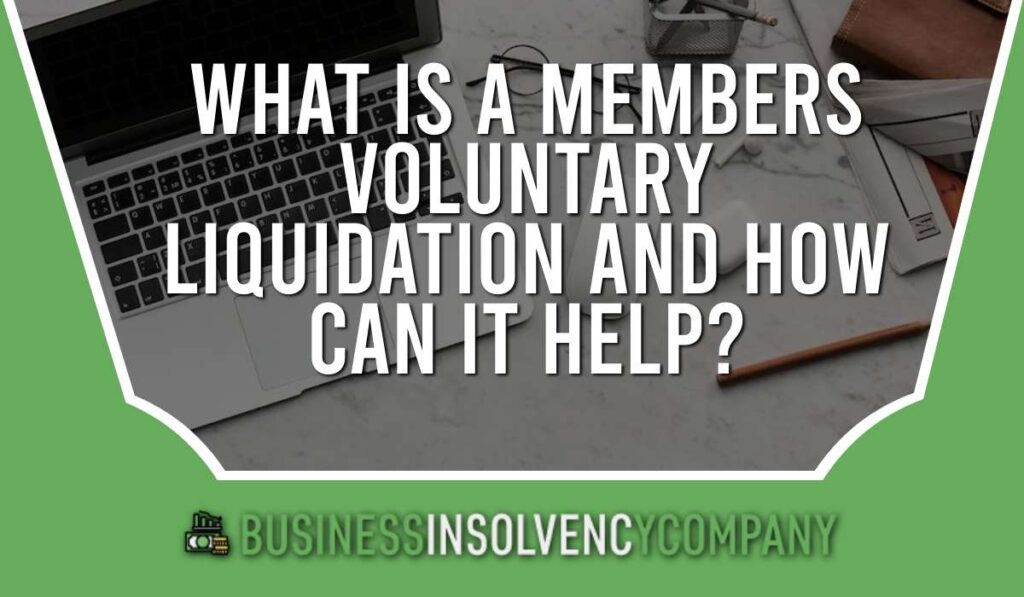



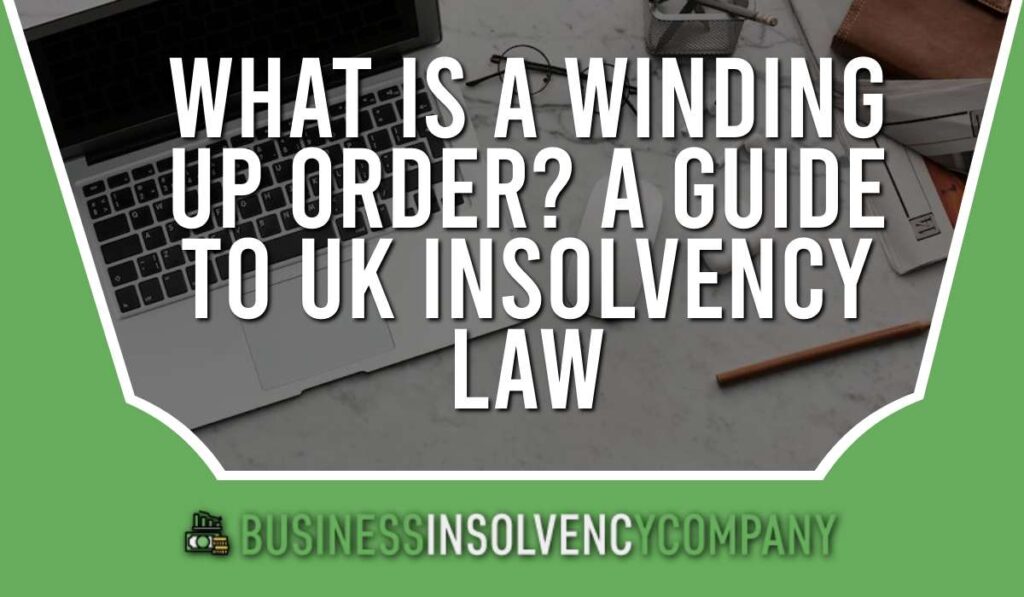




We Aim To Reply To All Enquiries With-in 24-Hours